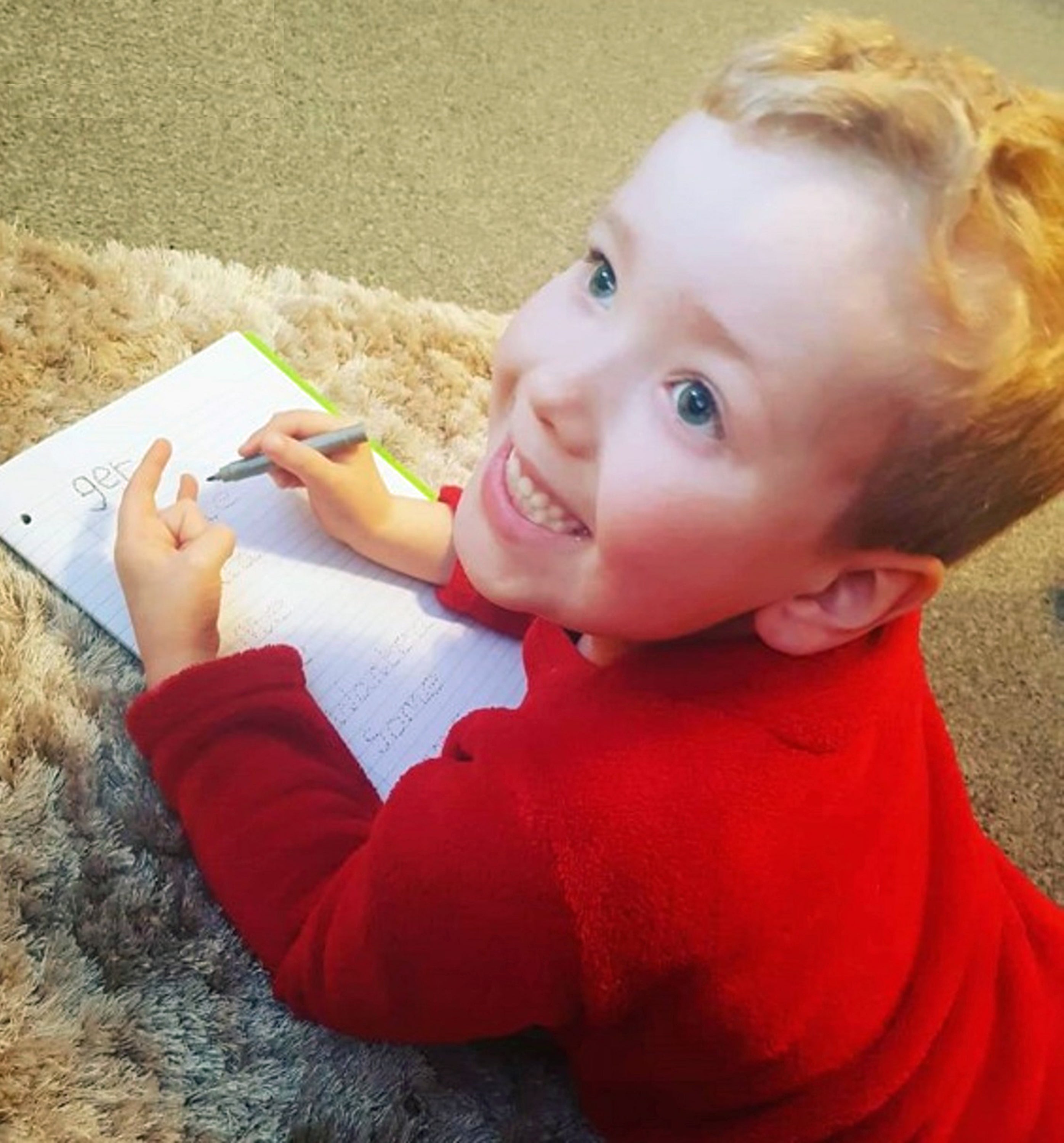Arthur Labinjo-Hughes: Other children ‘at risk of significant harm,’ safeguarding inspectors warn
Report finds ‘incomplete’ records on police system for Solihull leaving vulnerable children at risk

Child protection services in the area where Arthur Labinjo-Hughes was tortured and murdered have been criticised by watchdogs for poor practice which has left children potentially “at risk of significant harm”.
An inspection into children’s services in Solihull, West Midlands, found that the council was making “over-optimistic” decisions on safeguarding in a significant minority of cases which “lack professional curiosity”.
The report, commissioned by the government in December 2021, also criticised West Midlands Police over “incomplete records” and its “poor recording system” which had left children potentially “at risk of significant harm”.
It found that children in need of help and protection in the West Midlands area “wait too long for their initial need and risk to be assessed”.
“This means that for a significant number of children, they remain in situations of unassessed and unknown risk” according to the report, which was published on Monday.
Six-year-old Arthur was murdered in June 2020 by his stepmother Emma Tustin at their home in Solihull. He had been seen by social workers just two months before his death, but they concluded there were no safeguarding concerns.
The report into multi-agency responses to risks to children in Solihull was carried out by Ofsted, the Care Quality Commission (CQC), the Chief Inspector of Constabulary and Fire & Rescue Services (HMICFRS) and the Chief Inspector of Probation (HMIP) for England and Wales.
Inspectors said they saw examples of separate records for the same person because their name had been spelt incorrectly, while children had not been linked on the system to family relatives who could pose a risk to them.
“This means that when officers and staff research ‘Connect’ (the police record system) they may miss important information, potentially leaving children at risk of significant harm,” the report states.
It reviewed the records for one young child who was not linked to her father in the system, despite his history of domestic abuse and drug use and the fact he is subject to a non-molestation order.
Some frontline police officers have also recorded children in the wrong place in the system or not at all when making referrals, it adds.
The Local Safeguarding Children Partnership in Solihull had “experienced frequent changes of personnel in its membership for a significantly long period of time”, the report says, leading to a loss of experience.
The multi-agency safeguarding hub is under-resourced, meaning that “too many children in Solihull face drift and delay” before services intervene to protect them, the report adds.
The report also found that the local authority has faced “long-standing difficulties in ensuring there are enough social workers” in the area, and that attempts to improve this in 2021 had “limited impact”.
“These difficulties were compounded by concerns raised following the court case for the murder of Arthur Labinjo-Hughes in early December 2021, which made social workers highly reluctant to work in Solihull either on a permanent or agency basis,” the report says.
It adds that the current workforce is “committed and knowledgeable and dedicated to meeting the needs of children” but that they face “immense pressure” to meet daily demands and that this “reduces their ability to respond swiftly to all concerns for children”.
The report calls for agencies in Solihull to send a written statement of action to Ofsted by May 30 2022.
Joanna Barrett of the NSPCC said the findings were “hugely concerning”, adding: “It is absolutely crucial that safeguarding agencies in Solihull are better resourced and work together more quickly and efficiently to share information and intervene as early as possible to prevent any more tragedies like the death of Arthur Labinjo-Hughes.”
Ms Barrett said that these issues were not “confined to one area” and the government needed to ensure “the recommendations from the National Child Safeguarding Review Panel and the Independent Review of Children’s Social Care are a watershed moment that leads to significant change in our child protection system”.
In a joint statement, Minister for Children and Families Will Quince, Minister for Care Gillian Keegan and Minister for Safeguarding Rachel Maclean said: “Arthur’s death was horrific and deeply disturbing. The two individuals responsible are in prison – but we must do everything we can to prevent any more cases like this.
“His death serves as a daily reminder of the urgent need for all the agencies tasked with protecting vulnerable children to work together. That’s why we commissioned this joint inspection of services in Solihull, which has identified two clear areas where priority action is needed.
“Each agency – police, health and children’s services – has an equal duty in this work and we are writing to all three to make clear our expectation that they participate fully in producing and delivering on a written statement of action.”
Additional reporting by PA
Bookmark popover
Removed from bookmarks